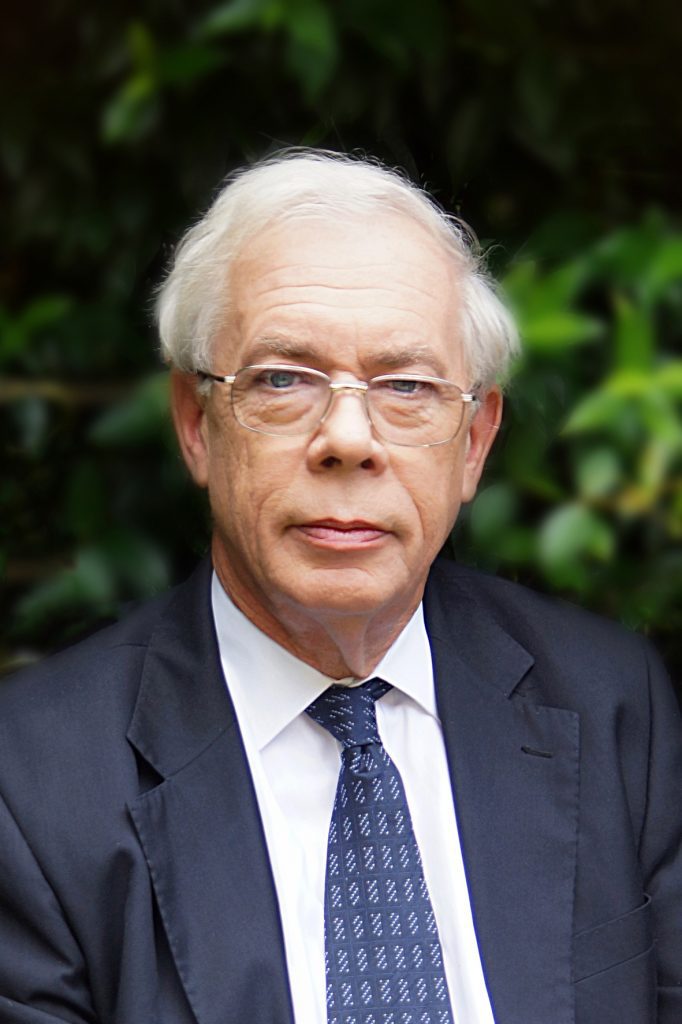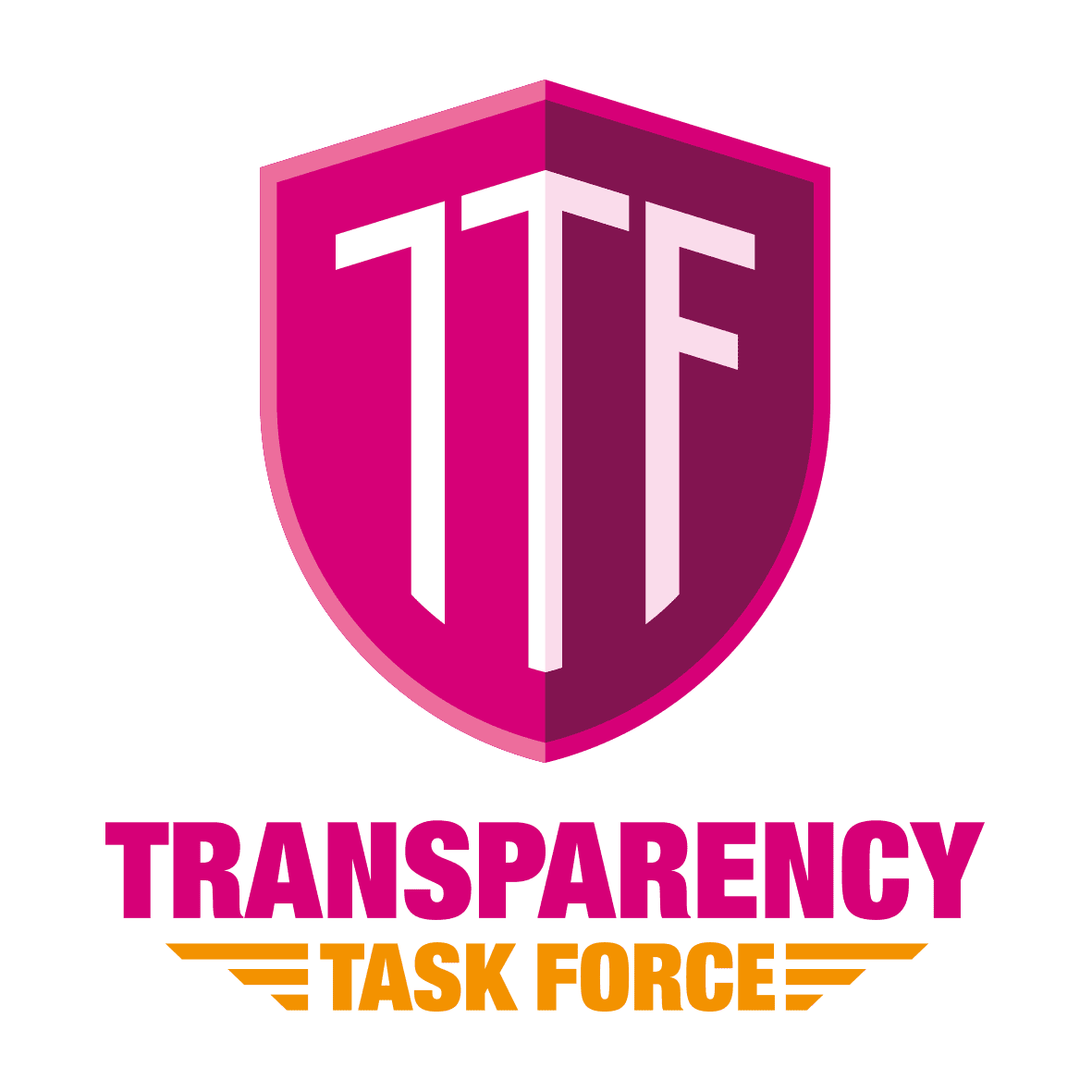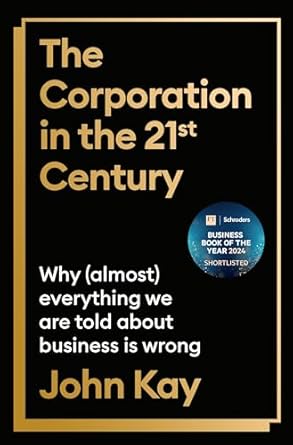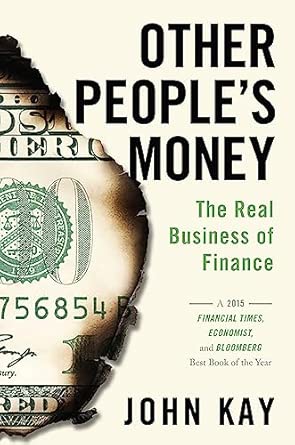This event has now taken place but you can watch the video recording of it through our Youtube Channel, get to it by clicking the button below
When
Tuesday, 2nd December 2025, from 6pm - 7:30pm GMTWhere
Online via Zoom.Format
There'll be a great line-up of speakers plus ample scope for discussion and debate.About the books...
‘Original and thought-provoking… A brilliantly erudite account of the major waves in the theory and practice of management’ – Financial Times
‘Instead of theory it has wisdom… an excellent book’ – New Statesman
For generations, we have defined a corporation as a business that uses its accumulated wealth to own the means of production and exercise economic power.
That is no longer the reality. Corporations no longer control their own industries, and our most desired goods and services aren’t stacked in container ships: they appear on your screen, fit in your pocket or occupy your head.
But even as we consume more than ever before, big business faces a crisis of legitimacy. The pharmaceutical industry creates life-saving vaccines but has lost the trust of the public. The widening pay gap between executives and employees is destabilising our societies. Facebook and Google have more customers than any companies in history but are widely reviled.
In incisive, provocative prose, economist John Kay describes how the pursuit of shareholder value has destroyed mammoth companies, redefines successful commercial activity, and looks to the future of what the corporation might be.
The finance sector of Western economies is too large and attracts too many of the smartest college graduates. Financialization over the past three decades has created a structure that lacks resilience and supports absurd volumes of trading. The finance sector devotes too little attention to the search for new investment opportunities and the stewardship of existing ones, and far too much to secondary-market dealing in existing assets. Regulation has contributed more to the problems than the solutions.
Why? What is finance for? John Kay, with wide practical and academic experience in the world of finance, understands the operation of the financial sector better than most. He believes in good banks and effective asset managers, but good banks and effective asset managers are not what he sees.
In a dazzling and revelatory tour of the financial world as it has emerged from the wreckage of the 2008 crisis, Kay does not flinch in his criticism: we do need some of the things that Citigroup and Goldman Sachs do, but we do not need Citigroup and Goldman to do them. And many of the things done by Citigroup and Goldman do not need to be done at all. The finance sector needs to be reminded of its primary purpose: to manage other people’s money for the benefit of businesses and households. It is an aberration when the some of the finest mathematical and scientific minds are tasked with devising algorithms for the sole purpose of exploiting the weakness of other algorithms for computerized trading in securities. To travel further down that road leads to ruin. A Financial Times Book of the Year, 2015An Economist Best Book of the Year, 2015A Bloomberg Best Book of the Year, 2015
About the author...

SIR JOHN KAY
Sir John Kay is a distinguished economist whose career has bridged academia, business, finance, and public policy. He has held professorial positions at the London Business School, the University of Oxford, and the London School of Economics, and is a Fellow of St John’s College, Oxford, where he began his academic career in 1970. A Fellow of both the British Academy and the Royal Society of Edinburgh, he has made significant contributions to the understanding of markets, corporate governance, and economic policy.
John has served as a director of several public companies and is a contributing editor of the Financial Times. He chaired the Review of UK Equity Markets and Long-Term Decision-Making, reporting to the Secretary of State for Business, Innovation and Skills in 2012. Among his many influential books are The Truth About Markets (2003), The Long and the Short of It (2009, revised 2016), and Obliquity (2010). His 2015 work Other People’s Money—published by Profile Books and PublicAffairs—was named a book of the year by Bloomberg, The Economist, and the Financial Times, won the Saltire Literary Prize for non-fiction, and was shortlisted for the Orwell Prize.
His later works include Radical Uncertainty (2020), co-authored with Mervyn King, and Greed is Dead (2020), written with Paul Collier, both exploring the limits of economic reasoning and the importance of ethics and judgment in modern capitalism.




